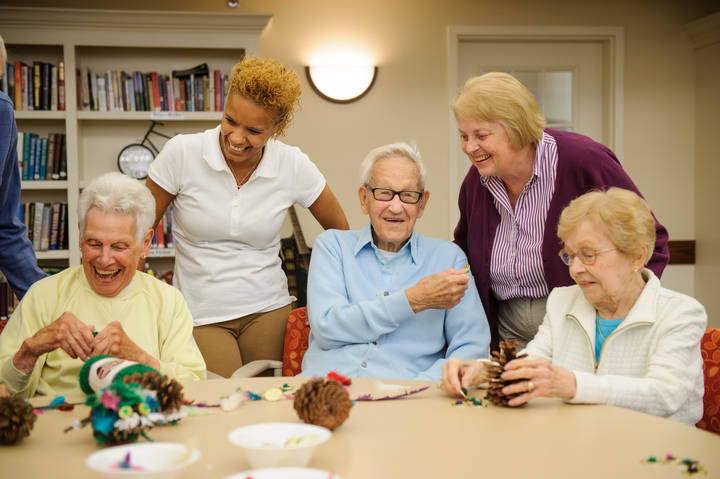The World Health Organization (WHO) defines dementia as a term for several diseases that affect memory, thinking, and the ability to perform daily activities. The most common cause of dementia is Alzheimer’s disease. There are other diseases that can result in cognitive decline. They include Alzheimer’s disease, Lewy body dementia, vascular dementia, and frontotemporal dementia. Thus, dementia is an umbrella term used to describe the absence or loss of different types of cognitive functions. Symptoms of dementia include gradual loss of memory, notable alterations in thinking, changes in behavior, language difficulty, planning problems, and inappropriate reasoning.
The illness is usually accompanied by obvious cognitive decline, which deteriorates over time. As deterioration occurs, it affects the function of the brain. The brain becomes weaker and slower to respond. It is accompanied by difficulty in communication as well. This is why anyone taking care of a dementia patient must be well trained because it requires a lot of patience. It is important for caregivers to be patient because they’re trying to adapt to the growing condition of an older adult whose trajectory of life is being altered by an illness that’s changing their personality. Changes in personality and behavior are commonplace among people with dementia.







